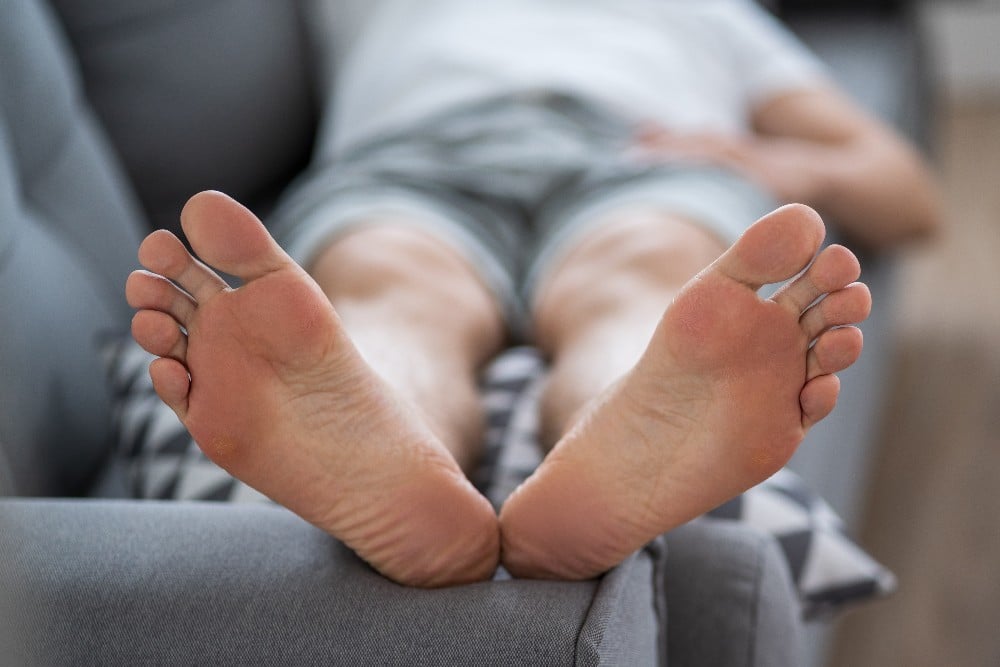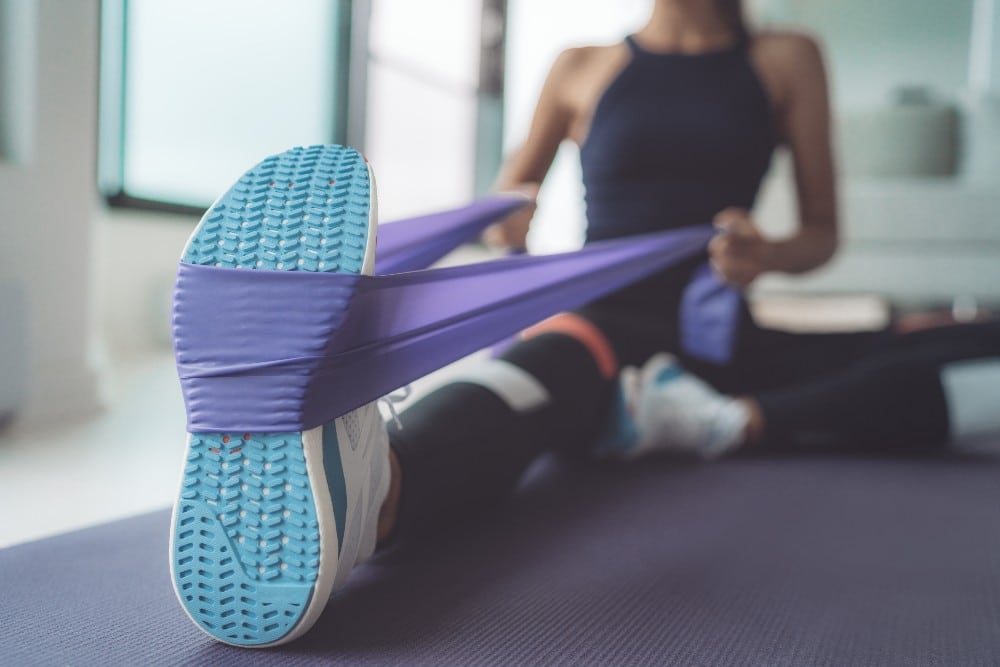Heel pain affects millions of Americans each year, and the cause can stem from a variety of conditions. The two most commonly seen causes of chronic heel pain are plantar fasciitis, which affects the bottom of the foot, and Achilles tendinitis, which affects the back of the heel.
If you don’t qualify for surgical options, or you don’t want surgery, you might feel like you’re forced to simply deal with heel pain, but this isn’t the case.
At our office, we’re with you every step of the way. Here are some of the best ways you can treat heel pain without surgery.
Rest Your Heels With Regular Breaks
Taking routine breaks from physical activity can give your heel some much-needed recovery time. Many patients report that their heel pain flares up during periods of intense activity, and if that is the case for you, rest is the best remedy.
Whether you have heel pain from starting a new exercise program or being more active than usual, there are a few things you can do:
- Limit physical activity for several days following your heel pain.
- Elevate your feet and ankles whenever you sit or lie down.
- Apply ice to the affected areas to reduce inflammation and tenderness.
The RICE method is a great reminder for treating heel pain at home. Rest, ice, compress, and elevate. Ask our podiatrist about plantar fasciitis compressions socks or heel compression socks to reduce swelling and pain.
Invest in Supportive Shoes
Shoe support is vital to protecting your feet and eliminating discomfort. Heel pain can stem from bearing too much weight on your feet as you walk. The right shoes will provide ample cushioning to keep your feet in good condition.
When buying shoes for heel pain, keep these tips in mind:
- Wear shoes that fit properly, even if it’s a half-size up or a size larger than you usually wear.
- Replace shoes when their arch starts to wear down.
- Make sure that you wear high-quality exercise shoes for sports or physical activity, and supportive, durable shoes for everyday wear.
- Get personalized shoe recommendations from Dr. Miyazaki if you’re having trouble getting a decent fit.
Get Custom Orthotics
Orthotics, or shoe inserts, are made to fit your unique foot shape. Many people experience heel pain because their arches don’t fit the standard shape of regular shoes. They need custom orthotics to give their feet the right support.
Picking out insoles yourself may seem like an easy fix, but we actually advise against this method. Just like shoes are made with a “standard” foot in mind, insoles also tend to follow a typical formula. This means you could wind up buying insoles that either do nothing or make your shoes even more uncomfortable.
Working with our podiatrist is the best way to ensure your insoles are built exactly for your feet. This also boosts the likelihood of actually reducing heel pain without further treatments.
Stretch and Exercise Your Calves and Feet
Stretching and cardio are important for total body wellness, but they also play a big role in how your feet feel, too. Tight calf muscles are notably linked to heel pain because they connect to your ankles via the Achilles tendon.
If your calves are not lengthened and strengthened often, you’re more likely to experience painful soreness and tightness that stems through your feet.
Here is an easy foot exercise you can try at home:
- Start on the floor sitting up with your legs out in front of you.
- Wrap a resistance band or rolled-up towel around the ball of one foot.
- Gently pull the band/towel toward you. You should feel a stretch along your heel.
- Hold for 10 to 20 seconds, and repeat on the other foot.
If stretching or exercise causes you pain, stop immediately. Reach out to us for an appointment so we can identify the root cause and help ease your symptoms while treating the problem.
Wear Splints When You Sleep
Night splints for plantar fasciitis can help ease heel pain in the morning. The plantar fascia is a long band of delicate tissue that connects your heel bone to your toes. It helps absorb shock from walking and running, but sometimes, it becomes inflamed or irritated. This leads to the common issue of plantar fasciitis heel pain.
During periods of rest, your plantar fascia naturally contracts. When you wake up and bear weight on your feet, this can irritate the fascia and cause pain.
Night splints elongate your plantar fascia, preventing the sudden jolt of pain when you wake up and immediately stretch the band of tissue.
Need More Help with Your Heel Pain? We can Help!
Heel pain doesn’t have to be a part of your daily life. We can help you find the right treatment for your problem at our office in Berkeley, CA. Contact us today at (510) 647-3744, or click here to schedule an appointment online.

